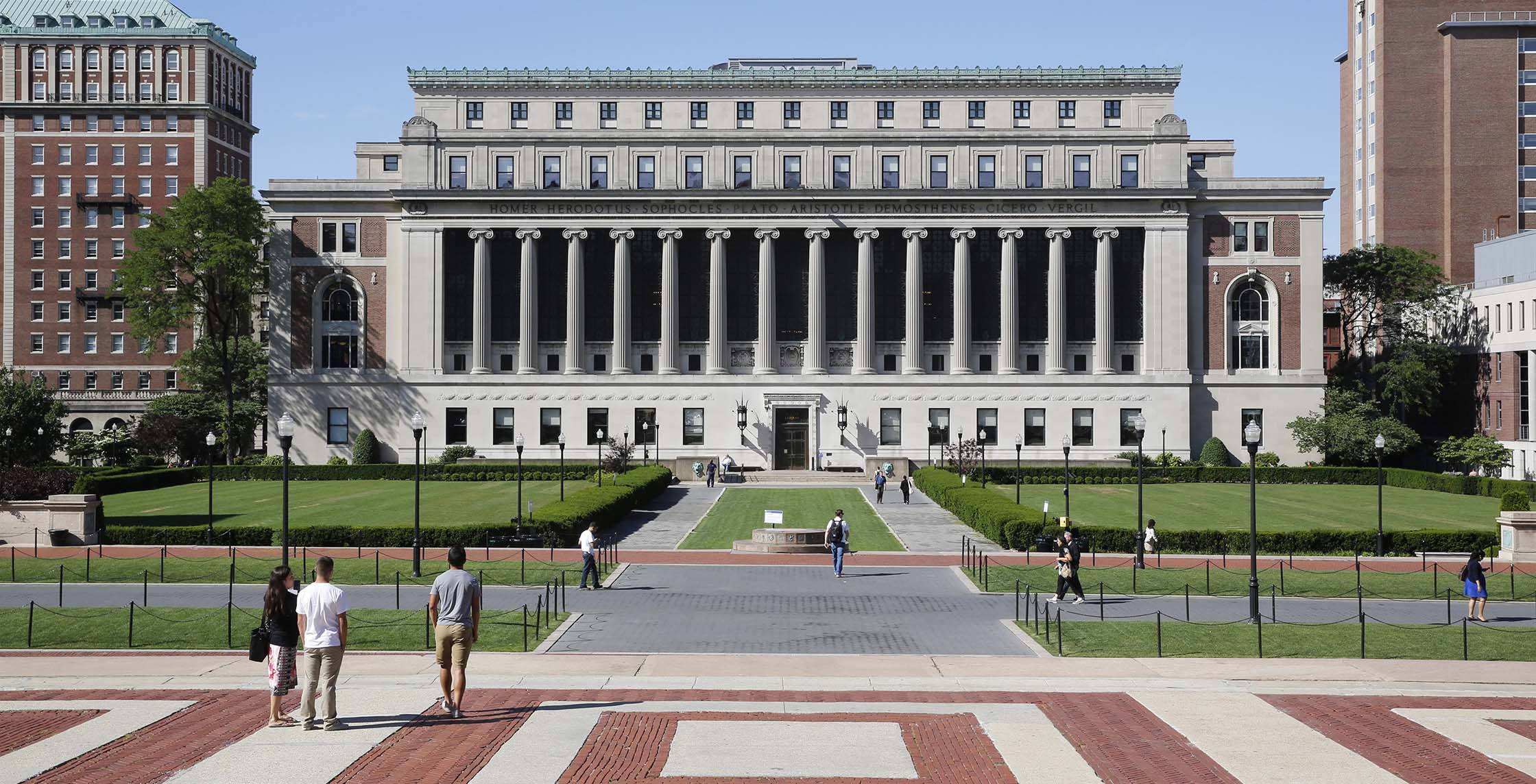A vice president at Columbia University was taken into custody on Monday after allegations surfaced that he had performed sexual acts with a child under the age of 13.
Marcelo Velez, 56, was arrested at his home in Woodcliff Lake, New Jersey, and charged with one count of aggravated sexual assault, two counts of sexual assault by sexual contact, and one count of endangering the welfare of a child.
Accusations of the inappropriate acts involving Velez and the minor reached Woodcliff Lake police on Sunday. The victim’s mother was reported to be responsible for the report. The Bergen Country Prosecutor’s Office, who was then called in to join the investigation, claimed that the alleged sexual abuse happened at Velez’s house.
The Columbia University website states that Velez has worked at the university for 25 years and is currently vice president for its Manhattanville Development — a $6.3 billion expansion project in West Harlem. While the case continues, the Ivy League school has pledged to work with authorities.
“We have placed Mr. Velez on administrative leave and will cooperate fully with law enforcement officials investigating this matter,” a university spokesperson told CNN.
Details concerning his attorney or how he came to know the child were not available but upon his arrest, Velez was brought to the Bergen County Jail.
Columbia and Sexual Assault
Columbia University is not new to controversy surrounding sexual assault allegations. Over the past six years, 23 students and alumni have filed federal complaints denouncing the purported mishandling of sexual assault complaints by the university.
The most highly publicized complaint was lodged by Emma Sulkowicz, who protested against the university’s exoneration of her alleged rapist. She began carrying a mattress with her everywhere on campus, even to her graduation ceremony in May 2015, as a way to pressure the school to expel the man.
Paul Nungesser, the student that Sulkowicz accused, asserted that their encounter was consensual, sharing copies of their electronic communications with media outlets. In 2015, Nungesser sued Columbia and the art instructor who encouraged Sulkowicz to continue with her project, which some considered defamatory.



